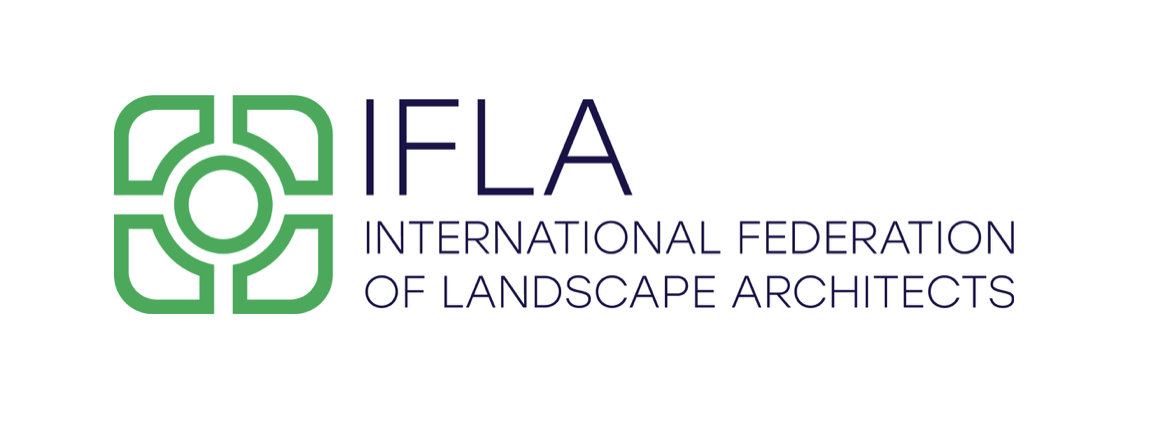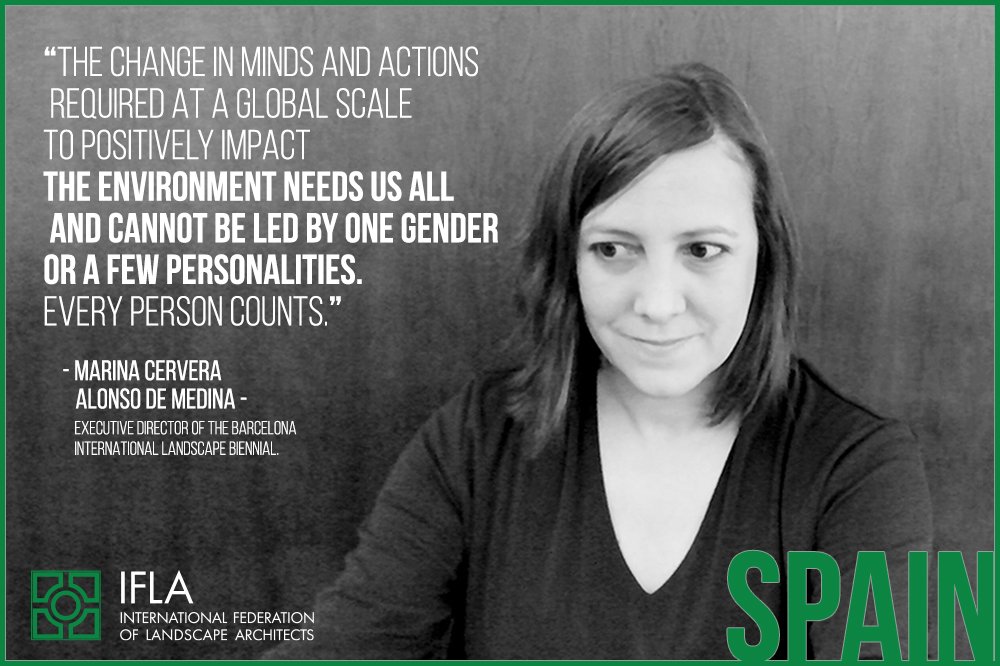Marina Cervera Alonso de Medina
Adjuct Lecturer at Barcelona Tech.
Executive Director of the Barcelona International Landscape Biennial.
CEO to own studio.
Degree in Architecture in 2003 and Higher Degree as Masters in Landscape Architecture from ETSAB (UPC). She has been awarded several scholarships such as the Mies van der Rohe Foundation (2001), Caja de Arquitectos Foundation (2002), the CRPP and Le: Notre. In 2014 she got her Master in Urban Planning (UPC). Her professional practice has been developed through Ateliers Jean Nouvel (Paris), the CRPP (UPC), and since 2003 through her Barcelona-based professional practice involving her projects. Marina Cervera is an adjunct professor for ETSAB, DUOT, teaching at MBLandArch and coordinating the Landscape Architecture Bachelor-s degree. She also teaches in the Master’s Program in Landscape Architecture (Fundació UPC) and has lectured worldwide in conferences, seminars and International workshops. Ms Cervera is also Executive Director of the Landscape Architecture Office at the COAC and as a Member of the Scientific Committee of the International Biennial of Landscape Barcelona. In professional activism, she is immediate past Chair of Professional Practice and Policies of the International Federation of Landscape Architects (IFLA). She has been a local contributor to European and local institutions and is a member of several editorial boards of publications related to landscape architecture.”
Why women? Why climate change? Why Now?
Let's start with the timeframe. We have been privileged with the incredible power and responsibility of inhabiting the planet during a time that can critically redefine most living species' future. Climate change is the umbrella concept against which we can recognize multiple new processes' symptoms revealing the window of opportunity to act while reflecting on human potential to give individual and collective answers to the planetary challenge. The change in minds and actions required at a global scale to positively impact the environment needs us all and cannot be led by one gender or a few personalities. Every person counts.
What is the biggest challenge facing women leaders in male dominated field and how to overcome them?
The biggest challenge faced by the female leader is to be accepted and respected by other spokespersons, as gender equality is far from being achieved on a global scale. Recognition will come, but intensive work to render visible women's contribution in all fields and in all positions of our society needs to be put into place and promoted on a global scale. Active policies to promote woman on leading positions is essential to integrate woman in the imaginary of power and decision making.
What are the pressing issues you are contributing as a landscape architect for tackle climate change?
My contribution aims at sustainable development and governance as the key tandem topics to bring together and integrate as filed of interest to Landscape Architecture education and professional practice.
How you approach your business/ your research as a woman who lead?
In my professional practice, the Landscape Architecture projects we conceive embrace new design perspectives through committed sustainable development approaches. This means considering all sustainable development goals in the inception, implementation and governance of the project. Monitoring this process against these guidelines helps find the right balance in all topics from climate change to gender equality and avoids the matilda effect at any stage of the project or teamwork level.
What is the most frustrating moment/comment you’ve heard as a woman who leads in the profession?
The most frustrating moment is the recurrent situation I have experienced in which a female voices are talked over or interrupted by male colleagues in meetings. Beyond manners, an unacceptable pattern of conduct.
What’s the most important risk you took and why?
The most important risk I assume is to systematically speak up and react in this kind minor situations which finally shape us. Being consitent and having a determined attitude in the smallest things, is my personal challange through gender inequalities.
They say “Gender Equality Means Business” -- what do you think about that?
The most crucial risk I assume is to systematically speak up and react in this kind of minor situations which finally shape us. Being consistent and having a determined attitude in the smallest things, from professional to personal actions, is my challenge through gender inequalities.
How your work contributes to other women?
I hope to contribute thorugh my behaviour and actions, by doing rather than by talking about it...
What advice would you give to the next generation of female design leaders?
I would encourage the next generation to inscribe all their contributions into a broader understanding of the agency of space, not only created and dominated by man.
Regarding gender, design, and sustainable development, I consider my most significant contribution to be the alignment of IFLA to the United Nations 2030 Sustainable Development Agenda. During my mandate, considerable progress was achieved by aligning the Professional Practice and Policy Committee Working Groups I was Chairing (2016-2020) to the 17 Sustainable Development Goals (SDG). Relevant actions were proposed regarding Climate Change with an IFLA Global Accord and a specific action plan; new cooperations were triggered with UIA on Indigenous ecosystem corridors, and new overall Ethical principles for IFLA were drafted and accepted. The adoption of the ethical principles committed IFLA and all its members' associations to act towards sustainability through the SDG and assume aspects as gender equality (SDG5) as the new normal among the professionals in Landscape Architecture national through the national codes of conduct.

